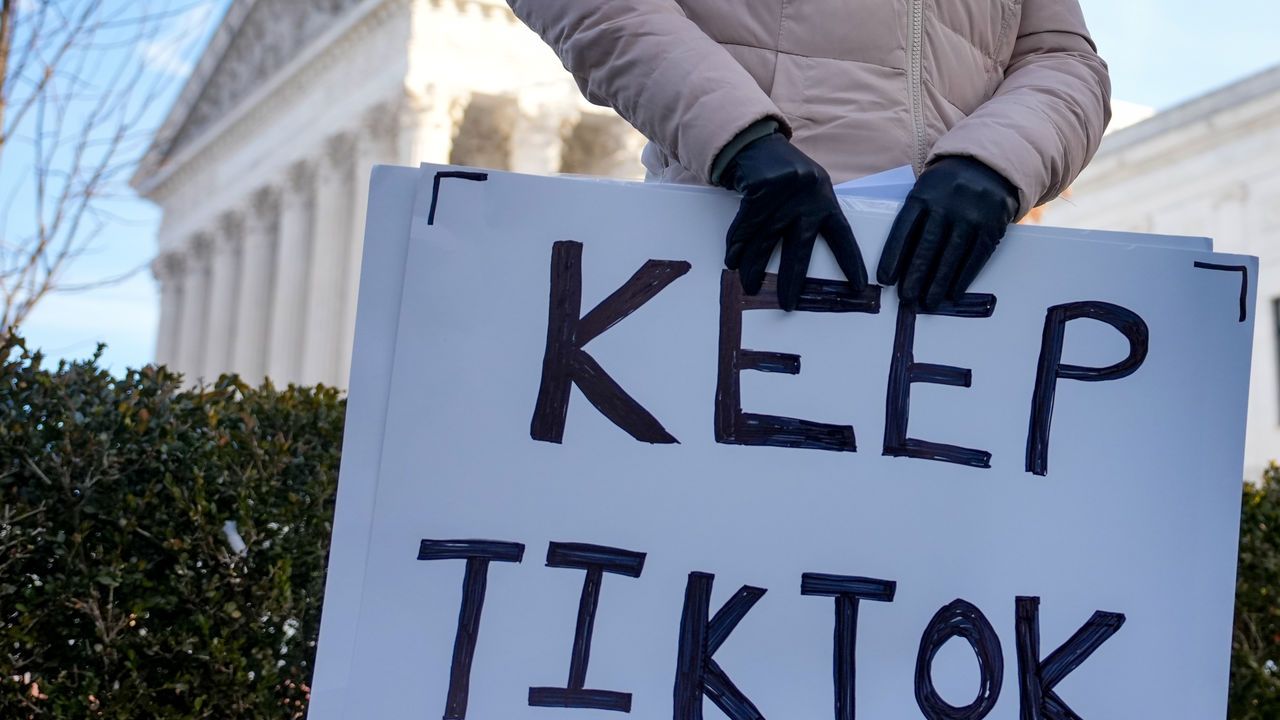- by
- 01 30, 2025
-

-
-
Loading

Loading


THE MEMBERS of America’s Supreme Court, as Justice Elena Kagan acknowledged in an oral argument two years ago, “are not, like, the nine greatest experts on the internet”. The justices’ lack of digital savvy was apparent when, on January 10th, they , the video app scrolled by nearly half of Americans. The hearing evinced little concern for how the demise of TikTok (which two justices called a “website”) would affect its 170m regular users. By the end of the nearly two-and-a-half hour oral argument, a majority seemed reluctant to interfere with a law that will ban TikTok in America on January 19th unless ByteDance, its parent company, divests itself of the platform’s American operations.The apparent willingness to let the law stand by liberal and conservative justices alike mirrors the bipartisan character of its adoption. The Protecting Americans from Foreign Adversary Controlled Applications Act was approved by large majorities in the House and Senate before being signed by President Joe Biden on April 24th. But TikTok and some users say the divest-or-disappear law violates the First Amendment.The two lawyers pressing that point faced scepticism. When Noel Francisco, arguing for the company, said requiring the platform to be sold or “go dark” is a “burden on TikTok’s speech”, Justice Clarence Thomas requested clarification: “Exactly what is TikTok’s speech here?” Mr Francisco’s answer—”an algorithm that, in its view, reflects the best mix of content”—did not satisfy Chief Justice John Roberts. Congress found that ByteDance is “subject to Chinese laws” that demand cooperation with “the Chinese government’s intelligence work”, he said. Is the court “supposed to ignore [that] fact?”The Supreme Court has never held, Justice Samuel Alito noted, that “a foreign government has free-speech rights”. Justice Elena Kagan added that the law is “targeted at this foreign corporation, which doesn’t have First Amendment rights”. The implications for TikTok itself are merely “incidental”, she observed, and could be averted if ByteDance were to permit TikTok to continue to use the same algorithm after its sale.Jeffrey Fisher, representing TikTok creators, fared little better claiming that his clients could lose a “modern public square” that has become “the most vibrant speech forum in the United States of America”. Justice Ketanji Brown Jackson said the restriction has more to do with the right of association than speech, and the court routinely upholds laws “prohibiting association with terrorist organisations” and “foreign adversaries”. In the estimation of Justice Amy Coney Barrett and Chief Justice Roberts, Congress had no beef with the content of the 5.5bn videos Americans post annually on the platform. The fix, the chief said, “is just somebody else has to run TikTok”.Elizabeth Prelogar, Mr Biden’s solicitor-general, warned of the “grave threat” TikTok poses to national security as long as the Chinese company controls it. The “vast quantities of sensitive data” it harvests would give China “a powerful tool for harassment, recruitment and espionage” against not only the app’s 170m users but also “their non-user contacts, who might not even be engaging with the platform”. When Justice Kagan questioned the government’s contention that China’s operations are “covert”—since “everybody” knows that “China [is] behind it”—Ms Prelogar said users are not notified “when that influence operation is actually happening”. This prompted Justice Neil Gorsuch to voice concern that the government’s position was “paternalistic”. Perhaps a less restrictive solution, he and others proposed, is a label on videos warning TikTokers that communist China is manipulating them.That would be no help, Ms Prelogar responded. Teens active on TikTok today “might ignore a warning like that and not really care”, she said, but they could grow up to be “members of our military” or “senior government officials”. If China had a “vast trove of incredibly sensitive data about them”, America could be exposed to espionage and blackmail.The typically slow-moving justices are confronting the TikTok conundrum at an unusually fast clip. They agreed to hear the case on December 18th and now have a week to decide whether to avert the platform’s disappearance from app stores. Mr Francisco urged the justices to at least pause the law to give the incoming Trump administration a chance to fix things. After inauguration day, he says, “we might be in a different world”.But according to Stephen Vladeck, a law professor at Georgetown University, temporarily blocking the law would be “lawless” unless the justices think the ban is unconstitutional—a belief that a majority does not appear to hold. A sale may be the only way for TikTok and its flock to keep dancing. Billionaires are drawing up offers. And as Ms Prelogar said, a moribund TikTok could be revived if the deadline passes. “There’s nothing permanent or irrevocable”, she said, “that happens on January 19th.”